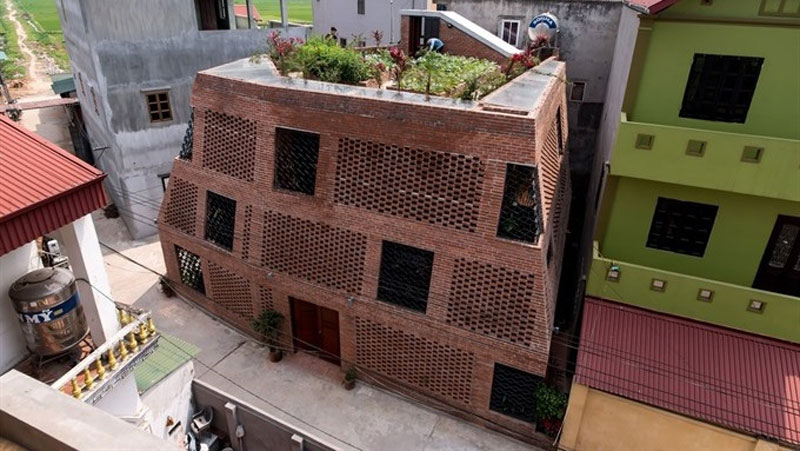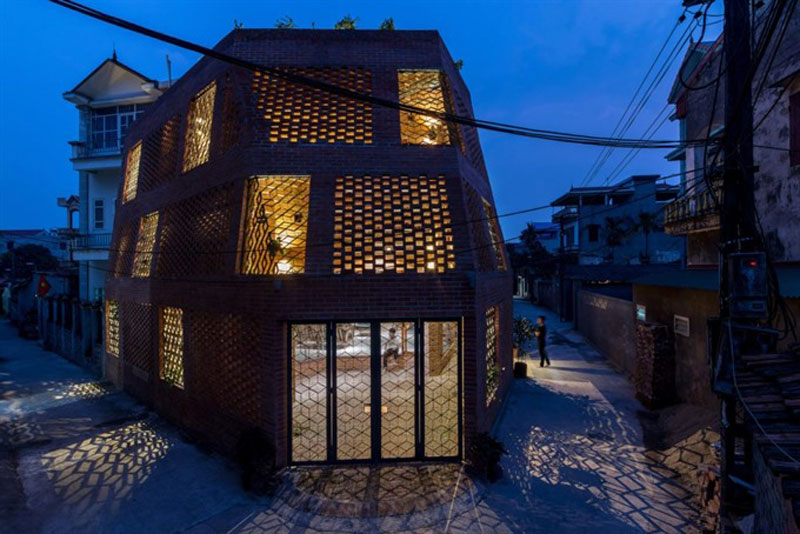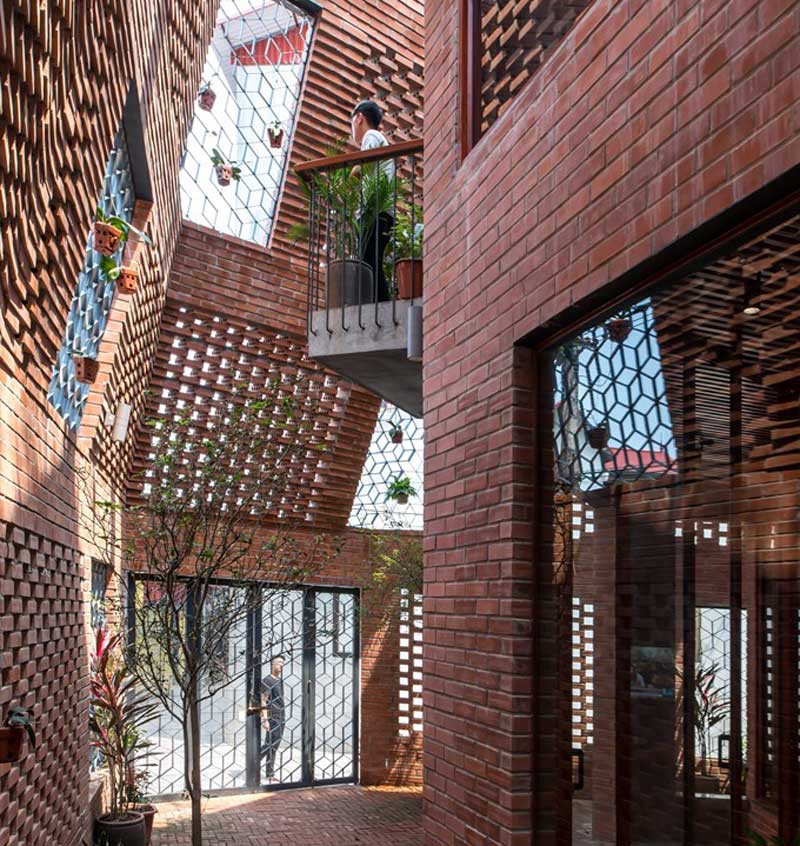



The Brick Cave’s structure resembles a cave.
The company was awarded for its Brick Cave design in a suburban commune of Hanoi in the Private House and Architecture + Brick categories.
The Architizer A+Awards focus on promoting and celebrating the year’s best architectural works. Its mission is to nurture the appreciation of architecture in the world and champion its potential for a positive impact on everyday life.
The A+Awards live at Architizer.com is a large online community of architects. Entries are judged by a panel of more than 400 distinguished luminaries and thought leaders from fields as diverse as fashion, publishing, product design, real estate development and tech. Finalists and winners are recognised as the year’s most influential visionaries.
This year, more than 5,000 entries from over 100 nations competed for the awards.
The Brick Cave was built in 2007 covering nearly 300sq.m and designed with a philosophy that it will help shape a place similar to the natural environment in an artificial manner.
The overall structure is made up of and enclosed by two layers of brick wall meeting at an intersection, with alternate ‘green’ arrangements of plants and vegetables. The two layers function as a filter to eliminate the adverse aspects of the environment and bring nature to where necessary inside.

The combination of "close” and "open” creates diverse relations with the surroundings.
